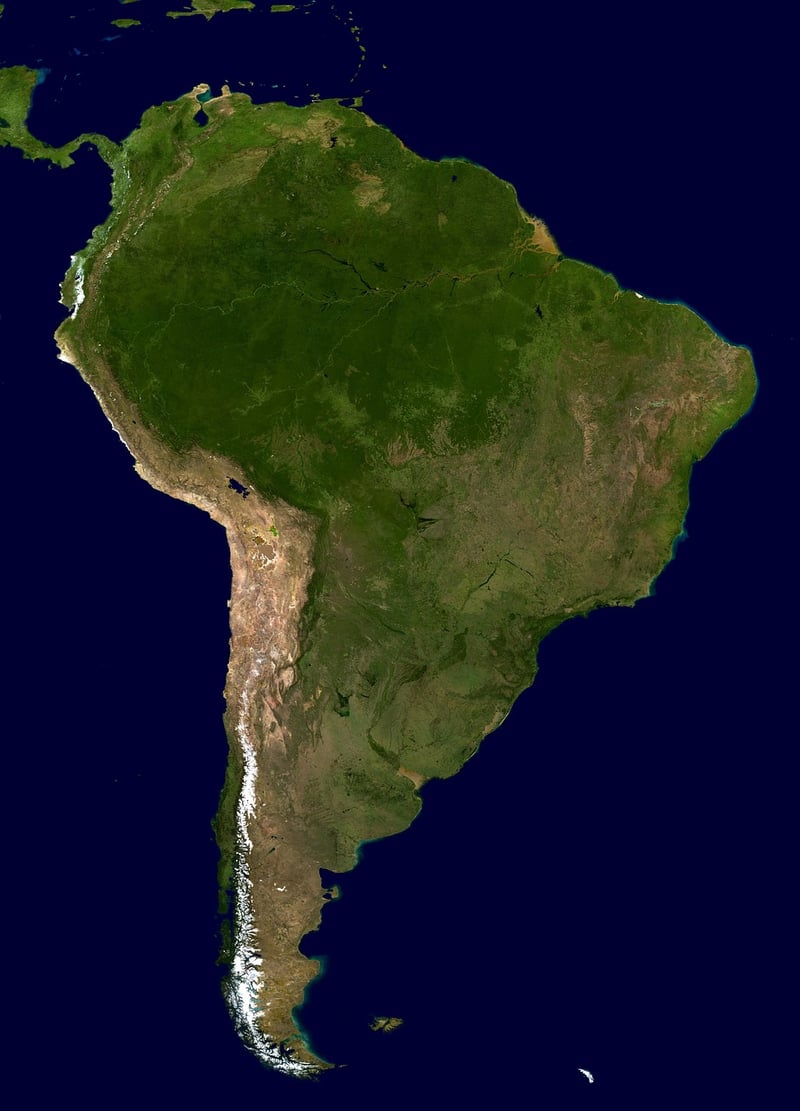Black Hole Studies
The Future of Space Exploration: Cutting-Edge Technology for Deep Space and Black Hole Studies
Space exploration has always captivated human imagination, with its vastness and mysteries. Scientists and researchers have been constantly pushing the boundaries of technology to explore the depths of space, and one of the most intriguing phenomena they are studying is black holes. Let's delve into the cutting-edge technology being used for deep space exploration and black hole studies.
1. Advanced Telescopes:
One of the primary tools for studying black holes is advanced telescopes like the Event Horizon Telescope (EHT). These telescopes use a technique called Very-Long-Baseline Interferometry (VLBI) to create a virtual Earth-sized telescope, capturing images with unprecedented resolution.

2. Gravitational Wave Detectors:
Gravitational waves are ripples in spacetime caused by the acceleration of massive objects. Instruments like the Laser Interferometer Gravitational-Wave Observatory (LIGO) and the European Gravitational Observatory's Virgo detector can detect these waves, providing valuable insights into black hole mergers and other cosmic events.

3. Space Probes and Satellites:
Space agencies like NASA and ESA have deployed space probes and satellites equipped with advanced sensors to study black holes and other celestial objects up close. Missions like the Parker Solar Probe and the upcoming James Webb Space Telescope are revolutionizing our understanding of the universe.

4. Supercomputing and Data Analysis:
The massive amount of data collected from deep space missions requires powerful supercomputers for analysis. Researchers use algorithms and simulations to model black hole behavior, gravitational interactions, and the dynamics of the universe, unraveling complex astrophysical processes.

As technology continues to advance, our ability to explore deep space and study black holes will only grow. The discoveries made using cutting-edge tools and techniques pave the way for a deeper understanding of the cosmos and our place in it.
Embark on this cosmic journey with us as we unravel the mysteries of the universe through state-of-the-art technology and groundbreaking research.
